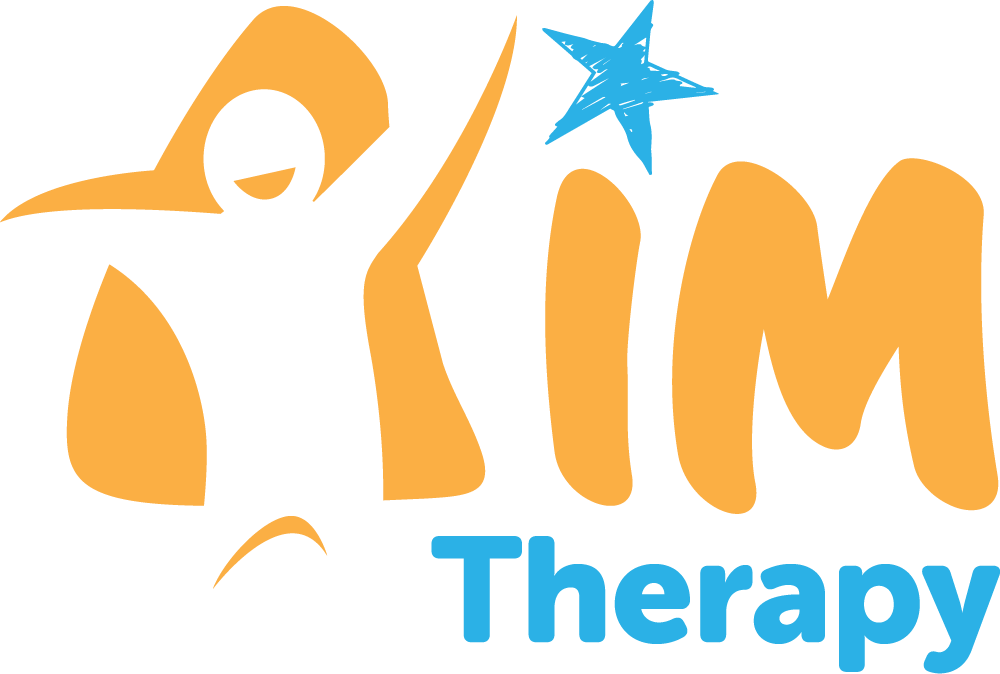If attention and concentration is a goal of your child’s OT, their self-regulation, executive functioning and sensory processing are likely to be assessed prior to a treatment plan being put into place.
Self-regulation
In our everyday lives, we often go through different states or ‘zones’ of regulation. For example, when children are playing in the playground they would need to be more alert in comparison to when they are preparing to go to bed at night. It is important to note that all regulation states are okay. Everyone experiences high or low levels of regulation (e.g. attention, emotion, motivation) as we progress throughout the day. Occasionally, it is natural for us to encounter situations that cause us to become less regulated. Self-regulation is the ability to recognise this then adapt our attention, feelings and behaviour to help us reach a healthier state.
Executive functioning
These skills are a set of higher level thinking processes that are necessary for the cognitive control of selecting and successfully monitoring behaviours that facilitate the attainment of chosen goals such as attending and concentrating. Skill set is listed below:
– Emotional Control: Ability to manage emotions to achieve goals
– Flexibility: Ability to revise plans in the face of obstacles, setbacks, new information, or mistakes, it relates to adaptability to changing conditions.
– Goal-directed perseverance: Capacity to have a goal, follow through to completion of goal, and not be put off by or distracted by competing interests.
– Metacognition: Ability to stand back and take a bird’s eye view of yourself in a situation, to observe how to problem solve. Includes self-monitoring and self-evaluative skills – “how am I doing?” or ‘how did I do?”
– Organisation: Ability to create and maintain systems to keep track of information and materials.
– Planning/Prioritisation: Ability to create a roadmap to reach a goal or to complete a task. Deciding what is important and what is not.
– Response inhibition: Capacity to think before you act
– Sustained attention: Capacity to keep paying attention to an attention in spite of distractibility, fatigue or boredom
– Task initiation: Ability to begin a project without undue procrastination in an efficient or timely fashion
– Time management: Capacity to estimate how much time one has, how to allocate it, how to stay within time limits and deadlines. Prioritising what is important also plays a role.
– Working memory: Ability to hold information in memory temporarily and quickly accessing the information at a later stage. This skill is needed in carrying a range of tasks such as learning and managing routines.
At AIM Therapy, we take great pride in delivering OT services as unique as your child from Assessment to Intervention to Meeting of goals. If you would like more information about our services or would like to go ahead with a booking, we welcome you to contact us 6150 8339 or reception@aimtherapy.com.au.
Sensory Processing
Sensory processing refers to the ability of the nervous system to regulate, organise and prioritise incoming sensory information, inhibiting or suppressing irrelevant information and prioritising and helping the child focus on relevant information. A well-modulated nervous system adapts to changes in its environment, has a level of arousal and attention appropriate for the task, blocks out irrelevant information, attends to relevant stimulation, and responds appropriately in direct proportion to the input. Areas assessed include those listed below:
– Registration to sensation: Children with low registration may appear lethargic and fatigue easily, appear uninterested in tasks, may not register auditory inputs such as responding to verbal directions, may appear clumsy and may not notice what is going on around them therefore missing cues that might guide their behaviour.
– Threshold to sensory input: Children with a high threshold require more sensory input to feel calm and alert.
At AIM Therapy, we take great pride in delivering Occupational Therapy services as unique as your child from Assessment to Intervention to Meeting of goals. If you would like more information about our services or would like to go ahead with a booking, we welcome you to contact us 6150 8339 or hello@aimtherapy.com.au.

